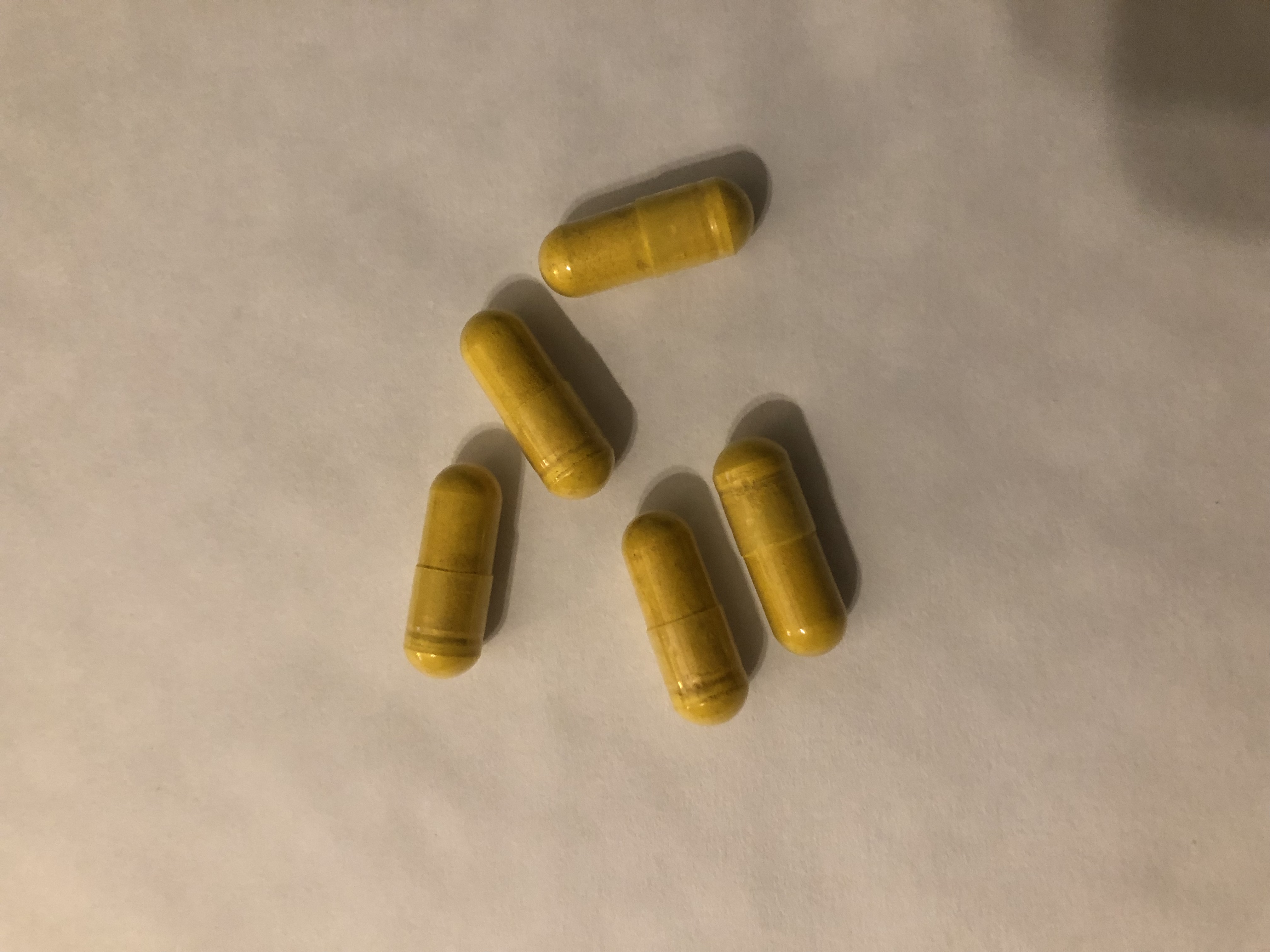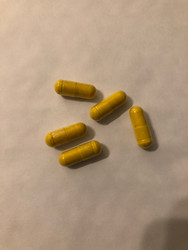Berberine | What Can This Supplement Do For You?
Dec 29th 2023

When I first heard of berberine, it was really only as an additive to one of the other supplements I was already taking. I believe it was an additive to either a cinnamon or turmeric supplement I had been taking. I didn’t pay it much attention as I thought it was just something that was supposed to boost the effect of the main ingredient in the capsule I was taking for a specific reason.
As you probably know, cinnamon is supposed to help keep blood sugar levels stable, while turmeric is primarily taken as an anti inflammatory, and there is some evidence it may even also help stabilize blood sugar levels.
Berberine’s Main Attraction
But berberine is really most purchased nowadays for its reputation as a way to help lower blood sugar levels. While cinnamon has more a reputation for helping to level out blood sugar levels and keep stability in this important measure of blood glucose, berberine is better known to specifically lower the levels of sugar in the blood.
So you can see how you’d want to be a little more careful taking berberine. Low blood sugar can result in low energy and perhaps even more importantly, a sour mood! Some studies suggest that people need to wait at least 3 months to see a difference in their blood sugar levels, but many say they notice it right away with berberine, so if you’re worried about blood sugar dipping too low, then make sure you’re taking it only with a meal that you might be concerned will elevate blood sugar. Related: Cinnamon for Blood Sugar Regulation
If you’re already eating a really low carb meal let’s say, a berberine beforehand might not make sense. On the other hand, if you’re eating a cheat meal with lots of carbs and/or sugar it might make sense to pop one of these babies before you eat. Related: What is Resveratrol and How Can It Benefit Your Health?
What is Berberine Anyway?
Now that we’ve talked about what berberine is purported to do when it comes to blood sugar levels, let’s talk about what berberine actually IS? As in, what is it derived from - is it a bush, a tree, a nut, or what does it come from in nature? The natural namesake chemical is actually found in a couple different forms of plant life. It can be extracted from these and made into the deep yellow powder you see filling the capsules if you’ve ever tried this supplement.
It’s actually abundantly found in the barberry plant. Barberry is in the evergreen family. You can see how the name of the chemical found within its leaves was derived since it sounds similar to the plant itself. Among its uses before it gained a reputation for helping in weight loss (because of its effects on blood sugar, it may help reduce appetite), was to help improve heart health.
Price
Price ranges for Berberine supplements is what I’d call a little above mid range. Due to its increased popularity and some comparing it to a very popular weight loss drug in Hollywood right now, it may have increased in price due to higher demand.
However, Doctors are quick to dismiss the thought that it might help in weight loss because there haven’t been any large scale studies done on the herbal supplement that would support this.
You can expect the fad to pass though, since just like drugs, herbal supplements gain and lose momentum all the time. Something will always come along and replace the latest and greatest as a new fad comes into fashion. Related: How Aromatherapy Can Facilitate Mood and Focus Changes
Berberine should be looked at as a potential aid in managing blood sugar levels if nothing else, and you should really read up on any potential side effects or unintended consequences to look out for. It’s important to do your due diligence when researching any new supplement or vitamin to add to your healthy lifestyle.

